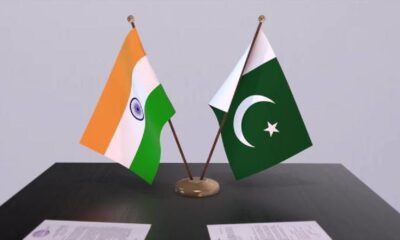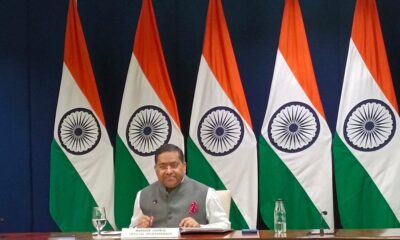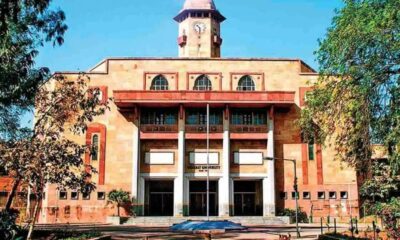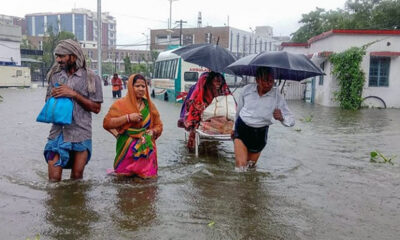Latest News
Indian farmers block highway outside Delhi to mark 100th day of protest
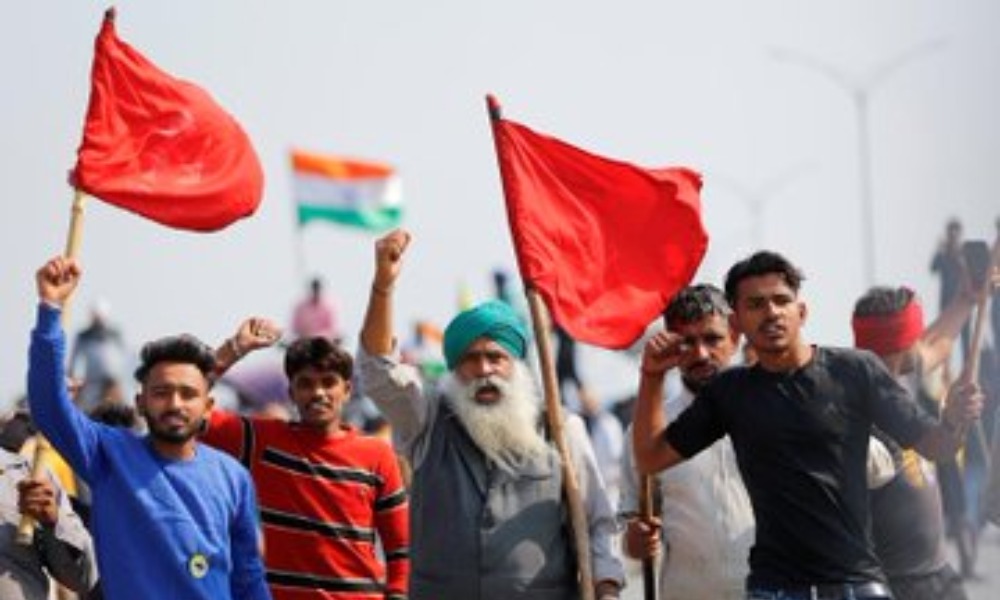
Indian farmers began gathering on Saturday to block a six-lane highway outside New Delhi to mark the 100th day of protests against deregulation of agriculture markets.
According to Reuters, farmers headed in cars, trucks and tractors to the highway for a five-hour roadblock to oppose three farm laws enacted in September 2020 that they say hurt them by opening up the agriculture sector to private players.
Prime Minister Narendra Modi’s has called the laws much-needed reforms for the country’s vast and antiquated agriculture sector, and painted the protests as politically motivated, Reuters reported.
“The Modi government has turned this protest movement into an ego issue. They are unable to see the pain of the farmers,” said Amarjeet Singh, a 68-year-old farmer from Punjab state.
“They have left us no option but to protest.”
Tens of thousands of farmers from several north Indian states have been camped out on the outskirts of the capital in bitter cold since December demanding that the laws be repealed.
According to Reuters, their movement has gained international attention and support, including from celebrities such as climate activist Greta Thunberg and U.S. singer Rihanna, but several rounds of negotiations between farmer leaders and the government have failed.
Modi’s government has lashed out at supporters of the protests and stands accused by rights activists of using heavy-handed tactics to curb the protests.
Reuters reported that while the protests have been mostly peaceful, a brief spate of violence on Jan. 26 led to the death of a protestor, and the police have filed criminal charges against eight journalists over alleged misreporting on the events of the day.
“The Indian authorities’ response to protests has focused on discrediting peaceful protesters, harassing critics of the government, and prosecuting those reporting on the events,” Human Rights Watch said in a statement last month.
Latest News
Media Violation Commission bans two TV channels

The Media Violations Commission has ordered Noor and Barya TV channels to stop broadcasting and to appear in court, state-run Bakhtar News Agency reported on Tuesday.
ّIt is said that the decision against the channels was taken for “not observing the principles of journalism.”
Latest News
Hekmatyar slams US for ‘occupying’ Afghanistan’s airspace
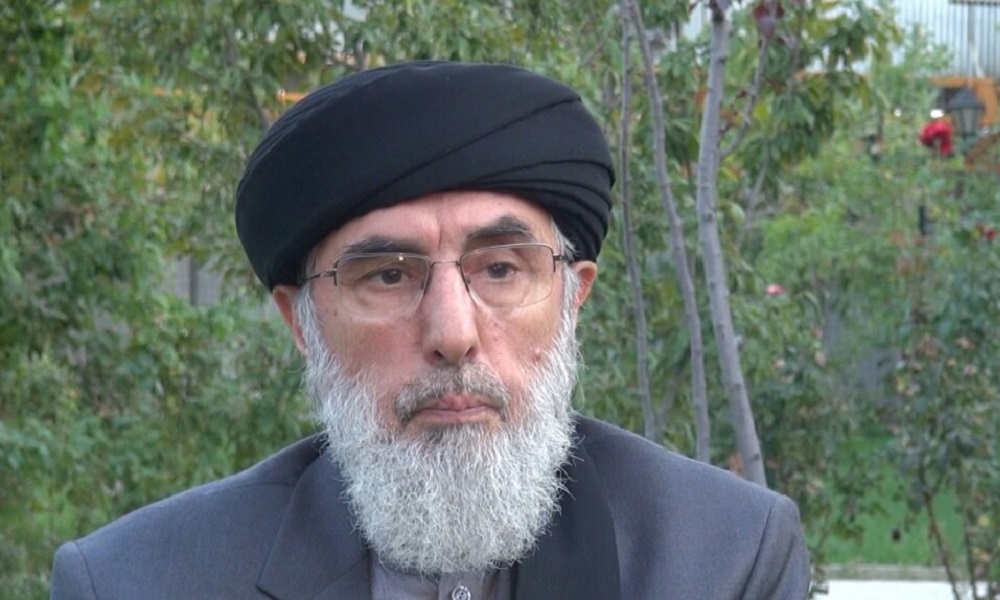
Former Jihadi leader Gulbuddin Hekmatyar has criticized the United States for patrolling Afghanistan’s airspace with drones.
Hekmatyar said in a speech Tuesday that any form of American presence in Afghanistan is unacceptable.
“Afghanistan’s airspace is under occupation. Expressing this issue is our religious responsibility. We have sacrificed the most for freedom. We do not accept any presence of America. We do not accept any kind of foreign rule,” he said.
Hekmatyar also stated that there is a possibility of American troops entering the country again.
“[Former] President Trump’s national security advisor says that their departure was a mistake and that they should return. This is not an ordinary issue. The possibility that they will make a mistake again and return to Afghanistan is very strong,” he said.
The Islamic Emirate has not commented so far on Hekmatyar’s remarks, but it has confirmed sightings of drones over Afghanistan.
“It is required that the respected officials of the caretaker government give explanations on this matter and respond to the concerns of the Afghan people in this matter, because important and great national issues are important for every Afghan citizen and if there is a problem, it will be a cause of concern for everyone,” said Fazl-ul-Hadi Wazin, a university lecturer.
Latest News
Uzbek and Qatari leaders discuss Trans-Afghan Railway project
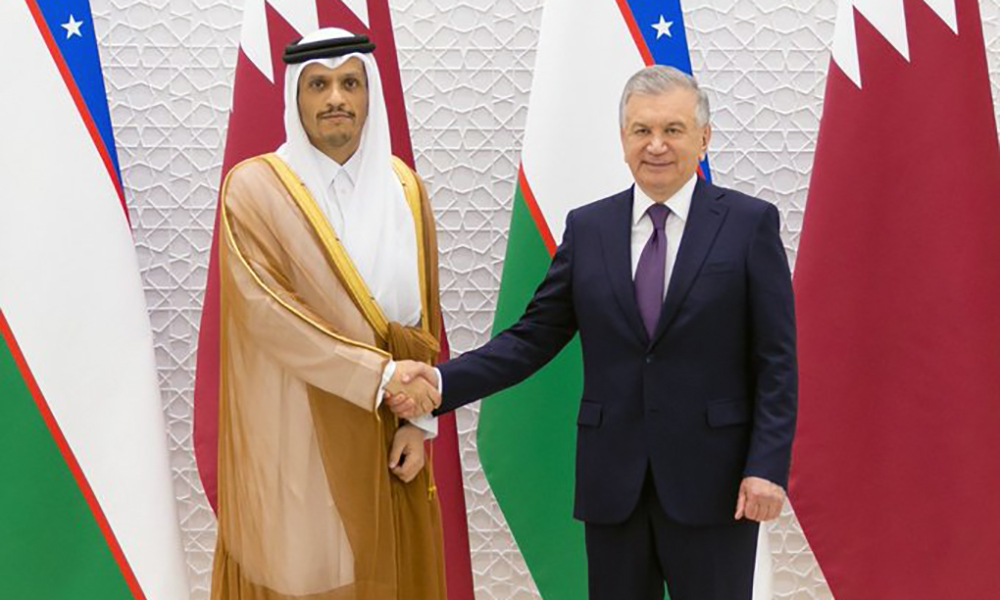
Uzbekistan’s President Shavkat Mirziyoyev on Monday met with Qatar’s Prime Minister and Foreign Minister Sheikh Mohammed bin Abdulrahman Al Thani for talks on a number of issues including the Trans-Afghan Railway project.
The two leaders also discussed bilateral trade issues, strengthening of relations and regional matters, including the escalating situation in the Middle East.
In October 2023, Uzbekistan Railways JSC presented the Trans-Afghan Railway project to Qatar’s Ministry of Transport.
Subsequently, deliberations were held on Qatar’s involvement in the project’s execution.
In February 2021, Uzbekistan, Afghanistan, and Pakistan signed a roadmap for the Termez-Mazar-i-Sharif-Kabul-Peshawar railway construction.
The envisioned transport corridor, estimated at approximately $5 billion, aims to connect Europe, Russia, Uzbekistan, Afghanistan, Pakistan, India, and Southeast Asian nations, boasting a transit capacity of up to 20 million tons of cargo.
-
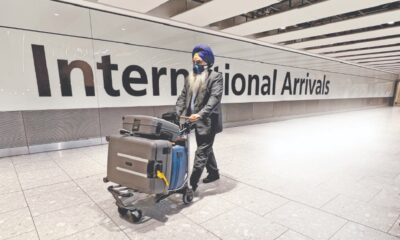
 Regional4 days ago
Regional4 days agoIndian foreign ministry advises against travel to Iran, Israel
-
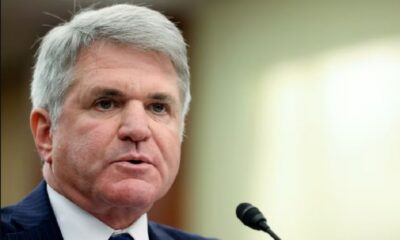
 Latest News5 days ago
Latest News5 days agoAfghanistan withdrawal probe sparks anxiety within Biden administration: US’s McCaul
-

 Latest News4 days ago
Latest News4 days agoTop former US general claims Daesh-Khorasan is ‘on the upswing’
-

 Latest News4 days ago
Latest News4 days agoLightning strikes in Helmand kill one, injure three
-

 Science & Technology5 days ago
Science & Technology5 days agoChina launch of relay satellite Queqiao-2 for lunar probe mission successful
-
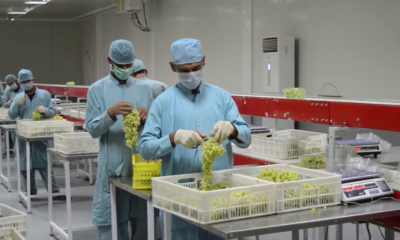
 Business4 days ago
Business4 days agoAfghanistan reaches self-sufficiency in production of 133 items: MoIC
-

 Health4 days ago
Health4 days agoMajority of Afghans with mental disorders are women: officials
-

 Sport3 days ago
Sport3 days agoACL draw to be broadcast live on ATN channels


